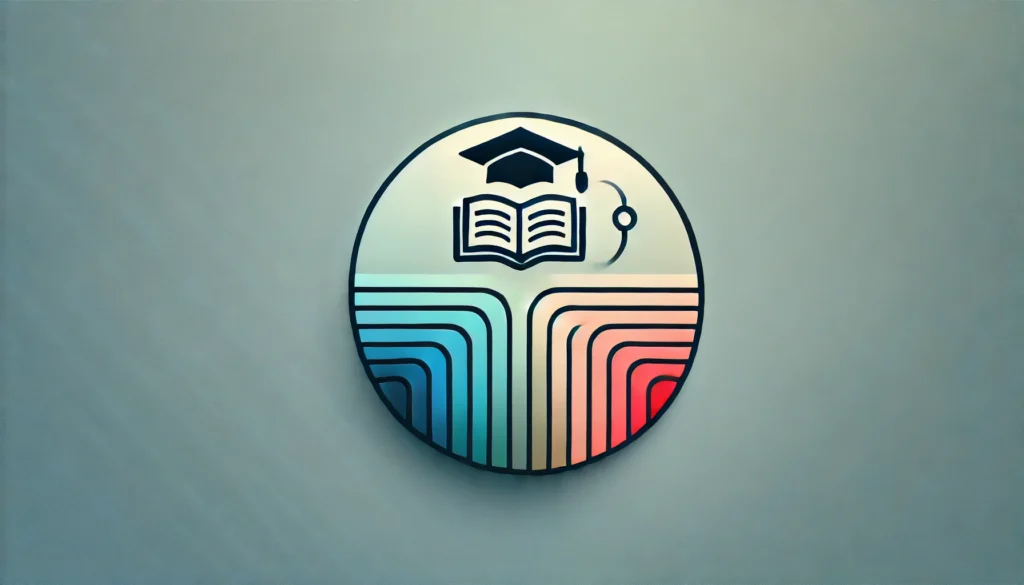
Remote learning has become a big part of our lives. Many students are now learning from home, and having a good study space is important. A well-organised and comfortable study area can help you focus and do better in school. Here are some tips on how to create an effective study space at home.

Choose the Right Location
Finding the right spot for your study space is the first step. It should be a place where you can focus and won’t be easily distracted. Here are some things to consider:
– Quiet Area: Choose a place that is quiet and away from the main areas of your home. This could be a corner in your bedroom or a small room that is not used much.
– Good Lighting: Make sure your study space has good lighting. Natural light is the best, so try to set up near a window. If that’s not possible, use a bright lamp to keep the area well-lit.
– Comfortable Temperature: The temperature of your study space should be comfortable. If it’s too hot or too cold, it can be hard to concentrate.
Finding a quiet, well-lit, and comfortable spot can make a big difference in how well you study.

Organise Your Study Materials
Having your study materials organised will help you stay focused and make studying easier. Here’s how to get started:
– Desk and Chair: Use a desk and a comfortable chair. A good chair can prevent back pain and help you sit properly.
– Supplies: Keep your supplies like pens, pencils, notebooks, and textbooks within reach. Use organisers like bins or trays to keep everything tidy.
– Tech Setup: Make sure your computer or tablet is set up properly. Keep chargers and other accessories nearby so you don’t have to get up and search for them.
An organised study space helps you stay on task and find what you need quickly.
Minimise Distractions
Distractions can make it tough to focus. Here are some ways to reduce them:
– Silence Notifications: Turn off notifications on your phone and computer. This helps you concentrate without interruptions from messages or social media.
– Use Headphones: If there’s noise around you, wear headphones and listen to calming music or white noise. This can help block out background sounds.
– Set Boundaries: Inform your family when you are studying and ask them not to disturb you. It’s crucial to have uninterrupted study time.
By reducing distractions, you can concentrate better and be more productive.
Manage Your Time

Good time management is essential for effective studying. Here are some tips:
– Create a Schedule: Make a study schedule and stick to it. Plan your study times and breaks throughout the day.
– Set Goals: Set small, achievable goals for each study session. This can help you stay focused and feel a sense of accomplishment.
– Use a Timer: Use a timer to keep track of your study sessions and breaks. This can help you manage your time better and stay on track.
Managing your time well can make your study sessions more productive and less stressful.
Use Online Tools Wisely
Online tools can help you with your studies, but they can also be a distraction. Here’s how to use them wisely:
– Educational Resources: Use online resources like educational videos, articles, and quizzes to help you understand your subjects better.
– Study Apps: There are many apps that can help you stay organised and focused, such as to-do lists, calendars, and note-taking apps.
– Limit Non-Educational Use: Try to limit the use of non-educational websites and apps during your study time. This can help you stay focused on your work.
Using online tools wisely can enhance your learning experience without becoming a distraction.
Balance Study and Fun
Balancing study and fun is important for your overall well-being. Here’s how to do it:
– Reward Yourself: After a productive study session, reward yourself with something you enjoy, like playing a game or watching a show.
– Social Time: Make time to connect with friends and family. This can help you feel more balanced and less stressed.
– Healthy Hobbies: Engage in hobbies that you enjoy and that help you relax, such as reading, playing sports, or even exploring an online casinhttps://bigmagazinepro.com/title-best-immigration-consultants-in-canad12/o for real money responsibly for a bit of excitement.
Balancing study and fun helps you stay motivated and happy.
Conclusion
Creating an effective study space at home can make a big difference in how well you learn. By choosing the right location, organising your materials, minimising distractions, taking breaks, personalising your space, managing your time, using online tools wisely, and balancing study with fun, you can Create a study environment that helps you succeed. With these tips, you can make the most of your remote learning experience and achieve your academic goals.

Creating an effective study space at home can make a big difference in how well you learn. By choosing the right location, organising your materials, minimising distractions, taking breaks, personalising your space, managing your time, using online tools wisely, and balancing study with fun, you can Create a study environment that helps you succeed. With these tips, you can make the most of your remote learning experience and achieve your academic goals.
Educational Resources: Use online resources like educational videos, articles, and quizzes to help you understand your subjects better.
Good Lighting: Make sure your study space has good lighting. Natural light is the best, so try to set up near a window. If that’s not possible, use a bright lamp to keep the area well-lit.